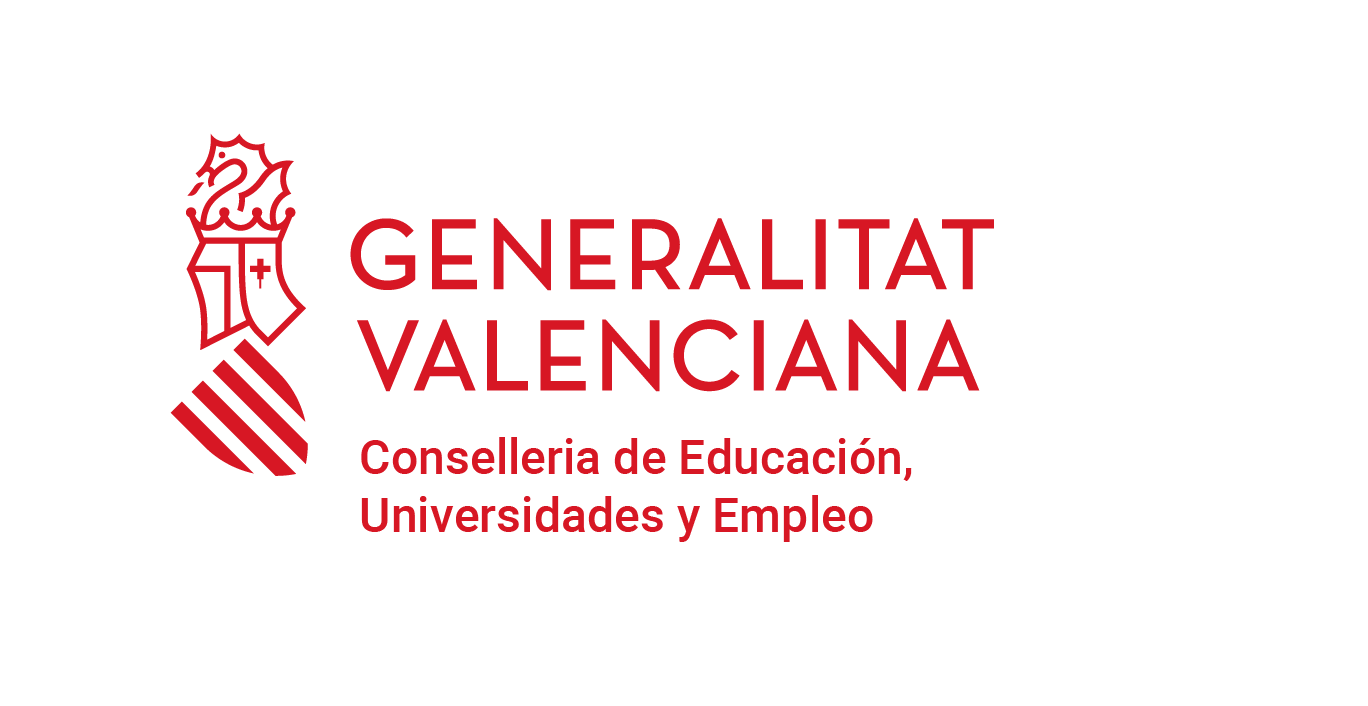Knowing who is talking about an advertising campaign and where in social networks, warning about a forest problem by geolocation data, creating an air quality map through collaborative application; improving European territorial cohesion by comparing data and producing a sound map by playing at fighting noise, are just some of the projects undertaken by the UJI group using geolocation technologies. As a spin-off, Ubik offers all kinds of computer and geolocation services, for which it collaborates with leading technology-based suppliers on the market, such as multinational Esri, and also works with freeware.
Among the services offered by Ubik, it is worth stressing the geolocation analysis of social networks which allows us to see where people are talking about a given subject. The researchers have developed Web 2.0 Broker Service, a web service capable of searching and recovering data from social networks and positioning them on a map to study and exploit them later. For instance, this enables advertising agencies to follow, measure and analyse the impact of advertising campaigns in the area they are interested in, and also in real time.
«There are many tools available that analyse social networks, but not located ones», explains Joaquín Huerta, who points out that each analysis can be adapted to the search made in the social networks, the time and the environment that each customer requires. «Geoinformation is a highly valuable tool for companies that wish to know the geographical distribution of their sales and strategies to be considered, and the results of communication campaigns », he adds.
The Web 2.0 Broker Service tool has also been employed in international projects such as developing collaboration at the European Forest Center to detect how and when there is talk about wildfires. Researcher Ana Sanchís explains that checks have been made as to how the social networks map, where there is real-time talk about a given wildfire, coincides with the perimeter of the fire later marked by the authorities.




